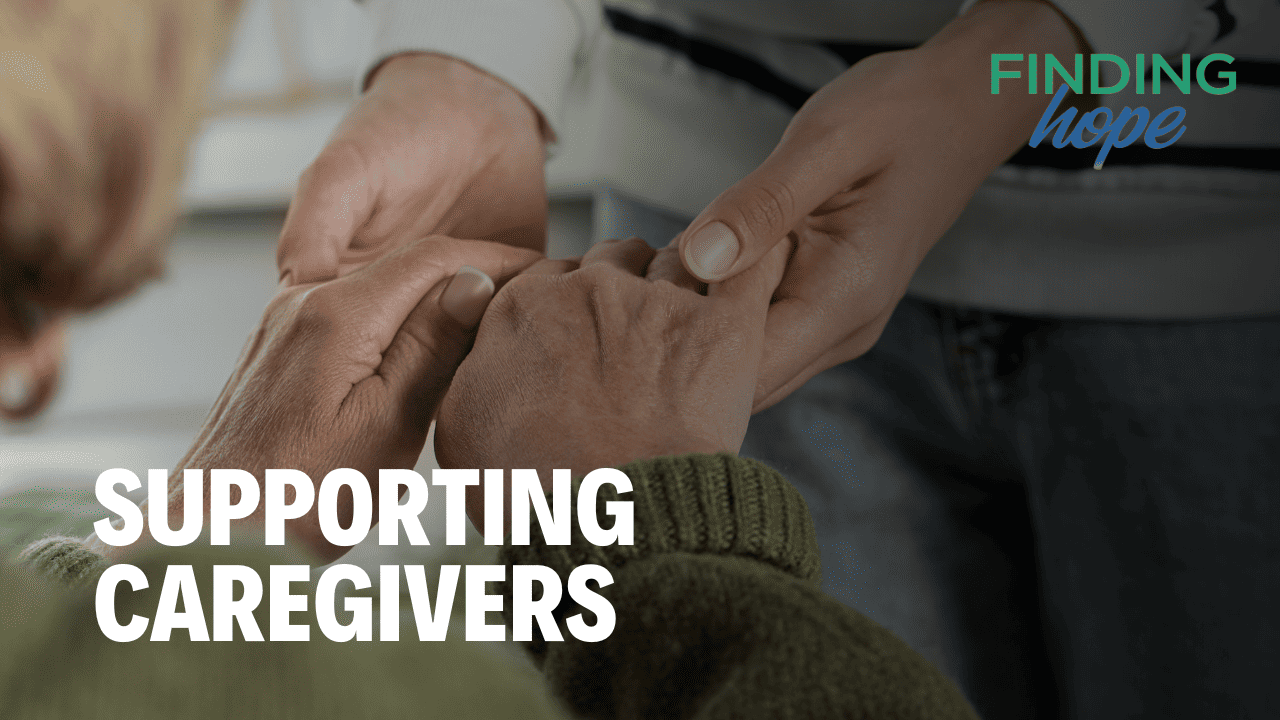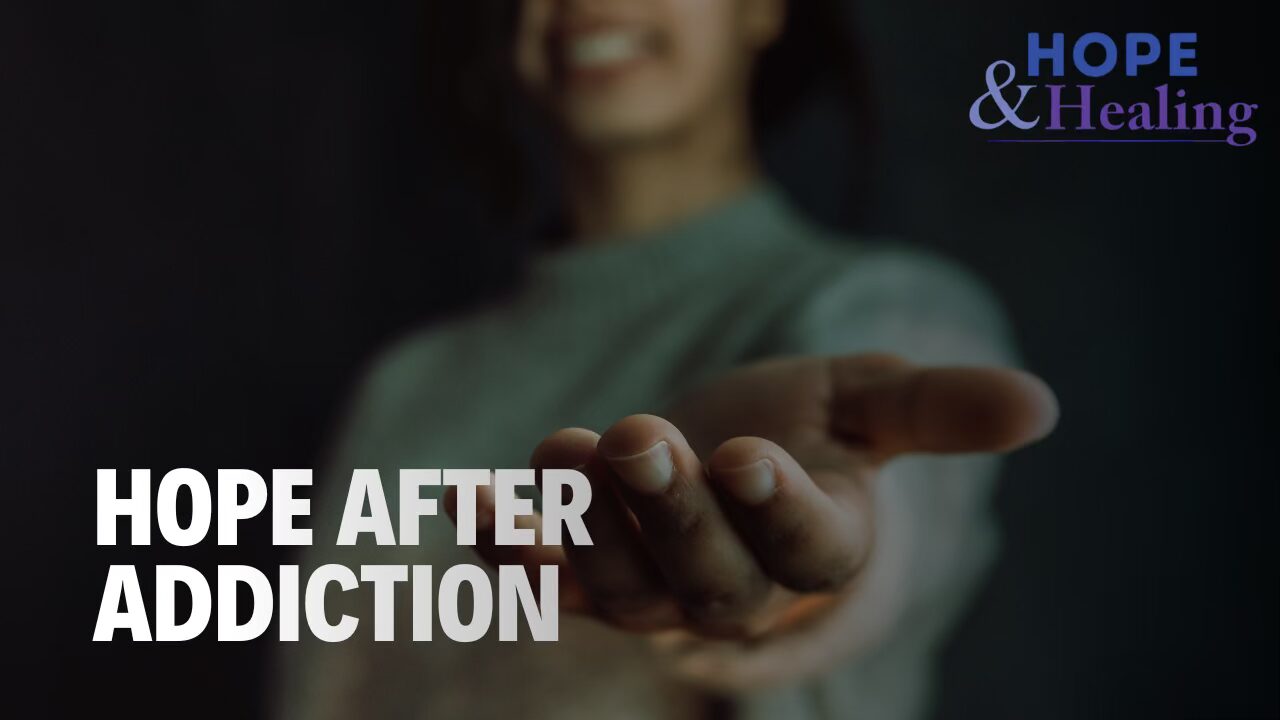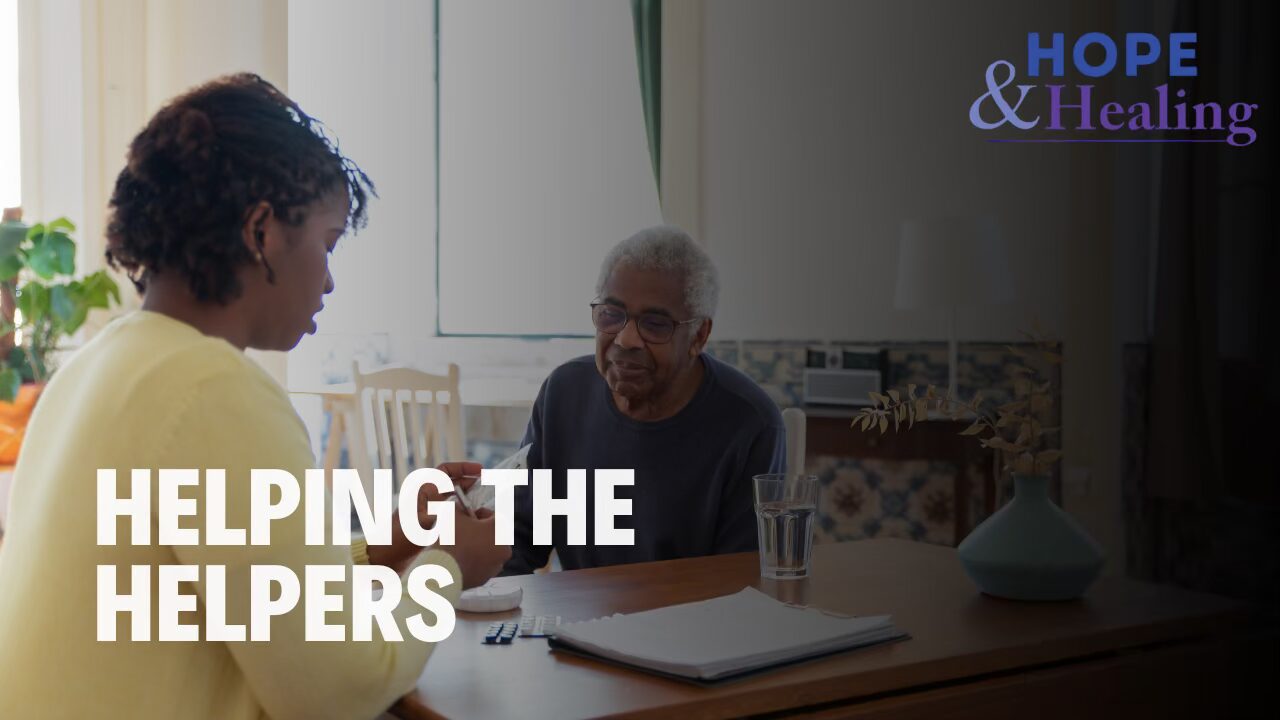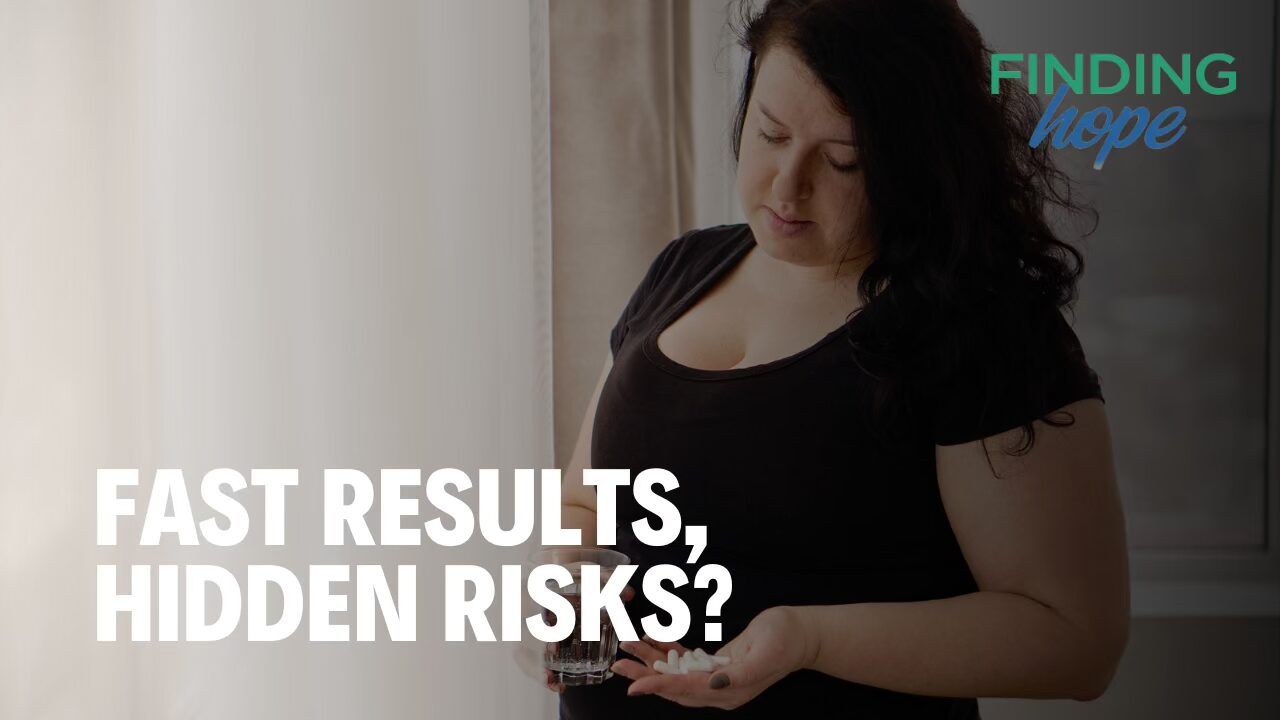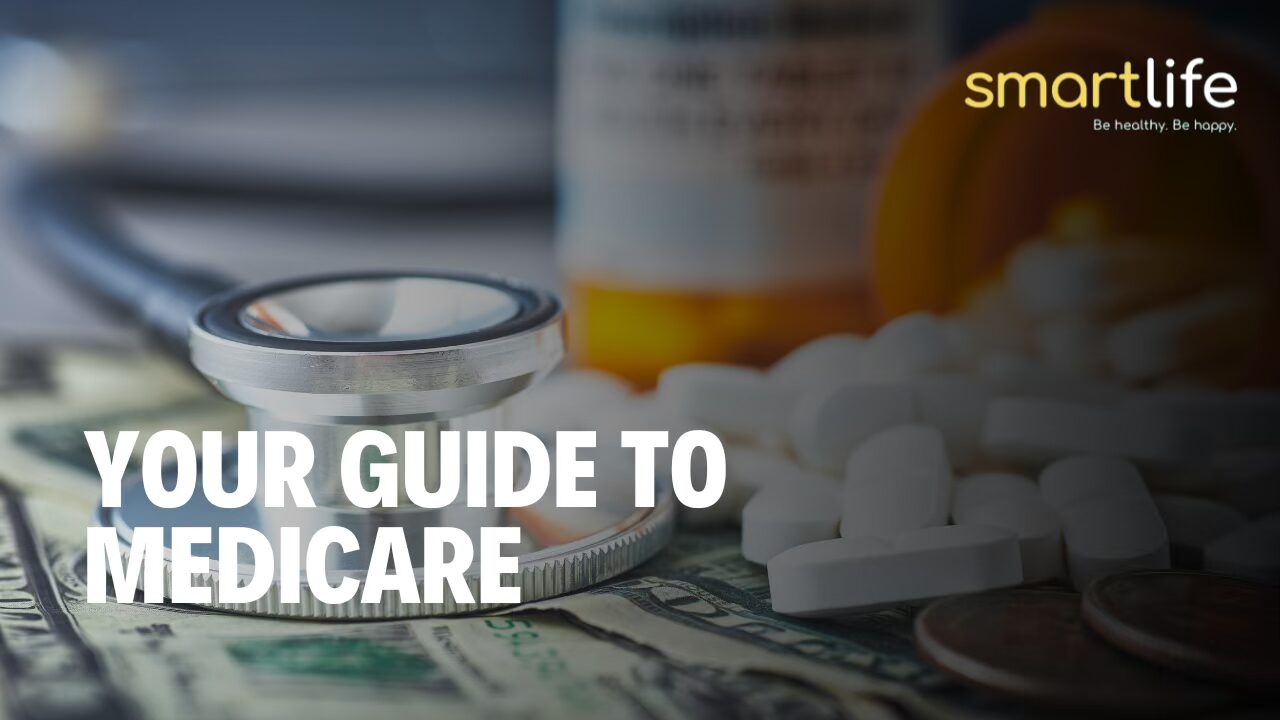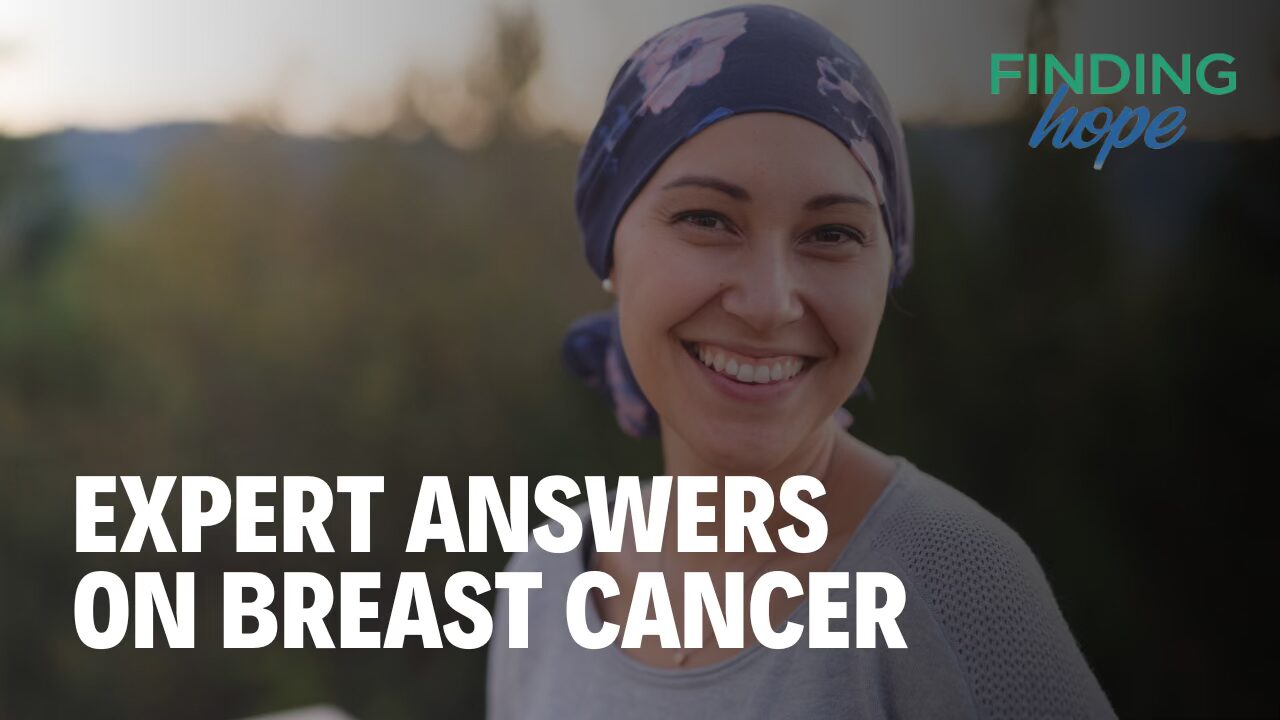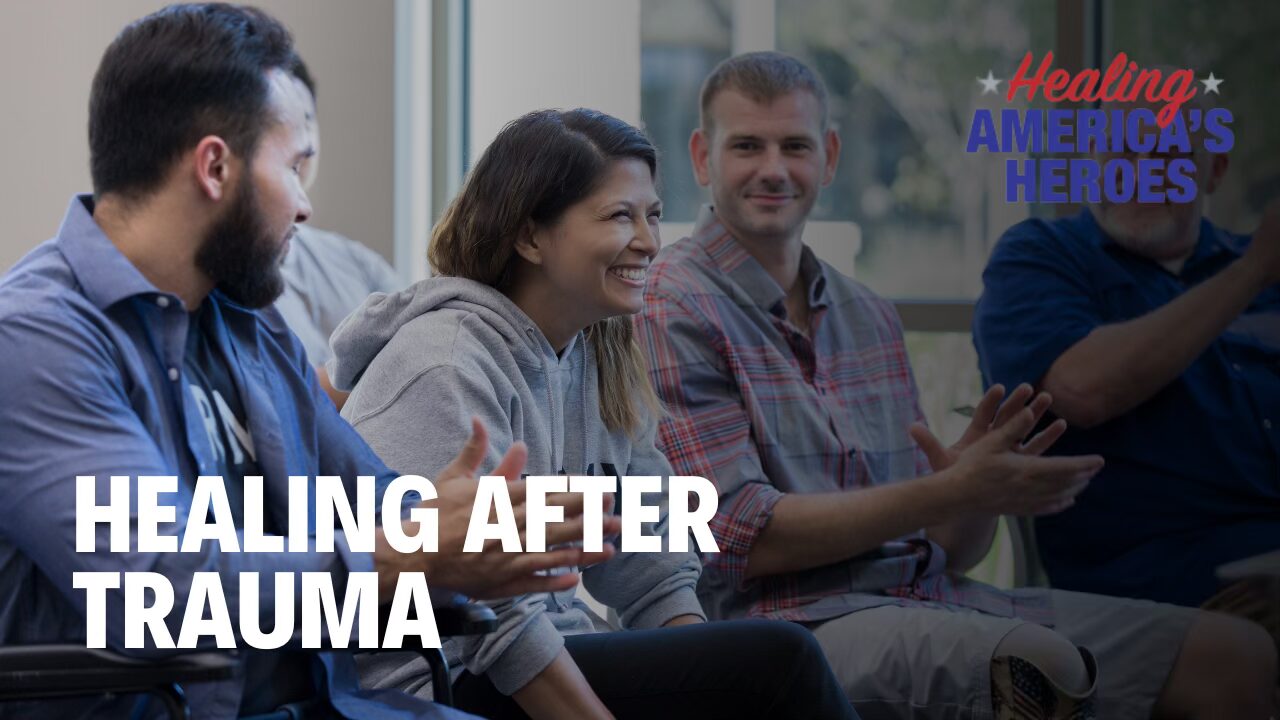The Caregiver’s Journey: Finding Strength & Reclaiming Balance
Special thanks to the Eunice Joyce Gardiner Foundation for their generous philanthropy.
Description
Caregivers are the unsung heroes of our communities—offering tireless support to loved ones while often overlooking their own needs. This Town Hall shines a light on the emotional, physical, and mental health challenges caregivers face, and underscores the importance of self-care and strong support networks. Through expert insights and personal stories, we’ll explore practical tools, community resources, and strategies to help caregivers prevent burnout and restore balance.
Whether you’re caring for an aging parent, a partner with a chronic illness, or a child with special needs, this conversation is about recognizing your worth—and prioritizing your health.
Participants
-
Carla Hill – Moderator
-
Ricky Petty – Project Director, Healthier Boynton Beach
-
Karen Gilbert – Vice President of Education and Quality Assurance, Alzheimer’s Community Care
-
LaToya Lewis, Ed. D- CI, MSN, RN – University of Miami
-
Kitty Lundan – Caregiver
-
Margaret Cox – Caregiver


